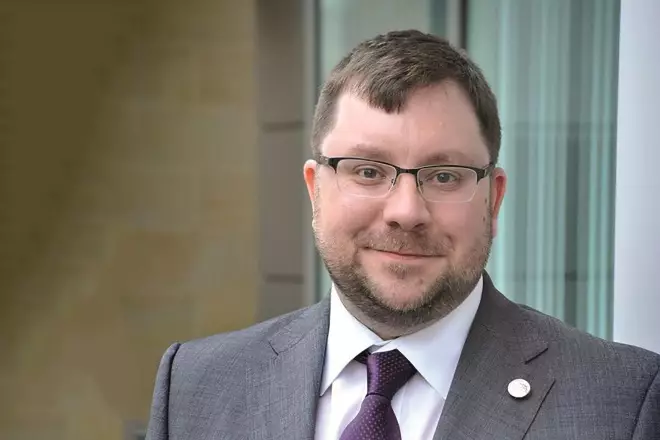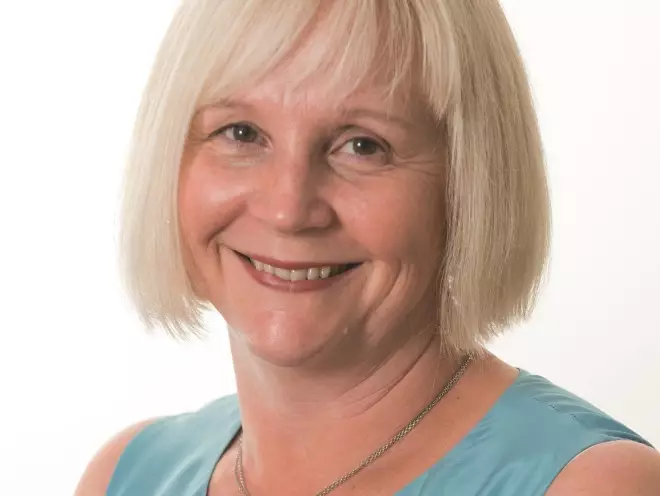
Nadia Bukhari
The Royal Pharmaceutical Society (RPS) has announced the results of its 2017 national pharmacy board elections, after voting closed on 31 May 2017. Elections were held in England and Scotland — in Wales, candidates were elected unopposed.
The voter turnout of eligible RPS members this year was 10.86% in Great Britain, down from the 11.48% who voted in 2016. However, despite the lack of a Welsh election, the total number of votes cast there increased by 2.1% from last year.
There was a greater level of election engagement in Scotland compared with England. In Scotland, 17.77% of eligible members voted, compared with 10.17% in England. Even so, Scotland saw a 16.4% drop in the number of voters compared with last year — 409 members voted in 2017, down from 489 in 2016. However, the number of Scottish votes (1301) cast in 2017 was greater than last year (1168), so Scottish voters cast an average of 3.2 votes per person this year compared to an average of 2.4 each in 2016.
England experienced a 1.8% increase in voter numbers this year: 2,349 members voted in 2017, compared with 2,307 in 2016. English voters cast an average of 4 votes each this year, up on last year’s average of 3.7.
Online voting accounted for 92.6% of votes, with the remaining 7.4% of ballots being delivered by post.
England
Four of the five places available on the English pharmacy board will be taken up by familiar faces. Martin Astbury recieved 1,142 votes — the largest proportion of the English vote, at 12.10% — with chair Sandra Gidley close behind at 1,137 votes (12.05%). Ashok Soni took 1,024 votes (10.85%) of the vote and 756 members (8.01%) voted for Mahendra Patel.
Joining for the first time is Nadia Bukhari, senior teaching fellow in pharmacy practice at University College London (UCL), who with 814 votes took 8.63% of the English vote. “I am delighted to have been elected and am honoured to be the only newly elected Board member,” Bukhari said. “I am grateful to all who voted for me and really appreciate everyone’s support. As a profession, it’s pleasing to see that we are moving in the right direction with both gender and diversity, but we still have a long way to go.” Looking forward to taking up her post, Bukhari added, “the hard work starts for me now: being the only new Board member means I will have lots of questions but, more importantly, I will offer a fresh perspective. Engaging with the professional body and increasing membership are some of my top priorities, which I hope to be driving forward”.
The newly elected English board members will take office on 21 June 2017.
Scotland
Ailsa Power, vice chair of the Scottish Pharmacy Board, was re-elected with 284 votes (21.83%). Jonathan Burton, a community pharmacist and director of Right Medicine Pharmacy, returns to the Board after a year out with 230 votes (17.78 %). “I’m really pleased to be back on the Board,” Burton said, adding that he plans to get straight to work.

Source: RPS
Jonathan Burton, a community pharmacist and director of Right Medicine Pharmacy, returns to the Board after a year out, with plans to seeing what more can be done to get members engaged.
“There’s always lots of work to do and I’m looking forward to getting stuck in and seeing what more we can do to get members engaged and meet their needs. I’m very keen to support the new ‘RPS Local’ structure that’s replacing LPFs in Scotland, there’s lots of potential there.”
The remaining two places will be taken up by Alasdair Angus Macintyre (211 votes, representing 16.22% of the Scottish vote) and Deborah Stafford (210 votes; 16.14%), both of whom join the Board for the first time.
Macintyre, a community pharmacist from Erskine and superintendent pharmacist at A&P Macintyre Ltd, noted the strength of Scottish candidates in this year’s elections. “I was pleased to be elected to represent my colleagues on the Scottish Board, but also sad for those who were unsuccessful,” he said. “The field of candidates in Scotland was particularly strong and I do hope those who were unlucky this time will stand again next year.”
Deborah Stafford, principal pharmacist for education, training and development within NHS Tayside, hopes to bring a hospital sector perspective to the Board. “I stood for election because I really wanted to provide a hospital voice to the Board table, but knowing that the bulk of the membership is community based and that the other candidates were all fantastic advocates and leaders in the profession was very daunting,” Stafford said. “I am so grateful to all those who voted and to those who encouraged me to stand for a second time. Being a board member will certainly be challenging, but I am so looking forward to working with the A team in Edinburgh and other board members across the UK.”
The newly elected Scottish board members will take office on 13 June 2017.
Wales

Source: RPS
Suzanne Scott-Thomas, chair of the Welsh board, retains her place representing the hospital sector.
There was no member election in Wales this year, as all four candidates were elected unopposed. Suzanne Scott-Thomas, chair of the Welsh board, retains her place representing the hospital sector. Richard Evans will continue with his community practice place, as will Jeffery Paul Harris, vice chair of the board. Robert Davies remains in place as the “Any sector” representative.
The newly elected Welsh board members will take office on 19 June 2017.
The full report on the 2017 Pharmacy Board Elections may be downloaded from the RPS website.
You may also be interested in
Long service of members

Membership fees 2022
